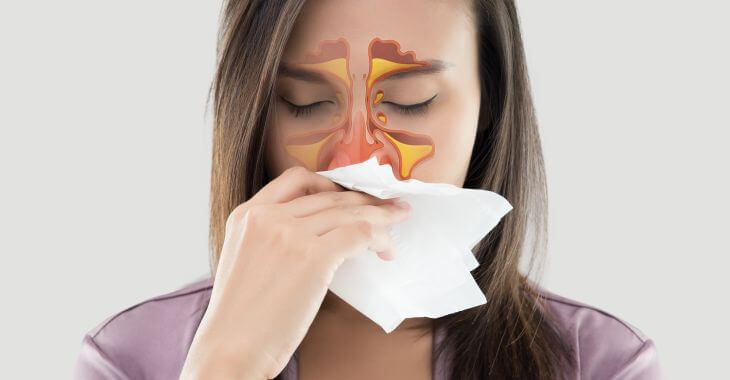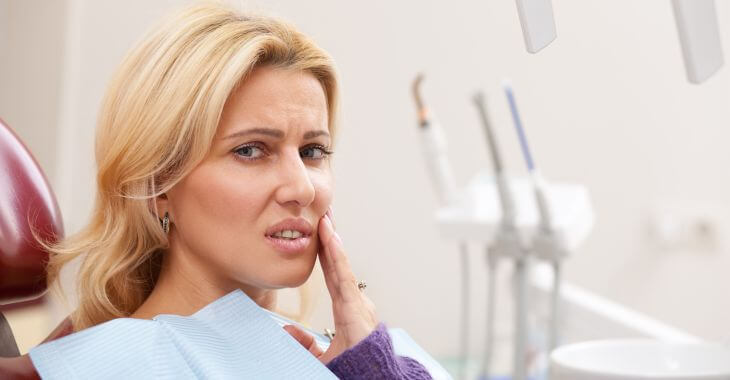How to Tell If Headache Is From Tooth Issues

Headaches are a common ailment that can range from a minor annoyance to a debilitating condition. While many factors can contribute to headaches, one often-overlooked cause is dental issues. Understanding how to tell if headache is from tooth issues can help you identify the cause of your pain.
Can Toothache Cause Headache?
The simple answer is yes: a toothache can cause a headache. The connection between oral health and headaches lies in the complex network of nerves in your head and neck. The trigeminal nerve, which is responsible for sensation in the face, also innervates your teeth and jaw.
When a tooth is infected, decayed, or injured, it can irritate the trigeminal nerve, leading to pain that radiates to other areas of your head. When you experience a toothache and headache on one side of your head, it’s a strong indicator that the two pains are related.
The irritation from the tooth can cause referred pain, a phenomenon where pain is felt in a part of the body other than its actual source. This can result in a headache that feels like it’s stemming from your temples, forehead, or even behind your eyes.
Symptoms of a Headache Caused by a Toothache
Determining whether your headache is related to a dental issue involves paying close attention to your symptoms. Here are some signs that your headache might be caused by a toothache:
- Localized Pain: If you have a toothache and headache on one side, it’s a clear sign that the two may be connected. The pain is typically concentrated around the affected tooth and can radiate to the corresponding side of your head.
- Throbbing Sensation: Tooth-related headaches often have a throbbing quality, similar to the sensation you feel in your tooth. This rhythmic pulsing can intensify with certain activities, such as chewing or exposure to hot or cold temperatures.
- Sinus Pressure: Sometimes, a tooth infection in the upper jaw can lead to sinus inflammation, causing pressure and pain in the forehead and around the eyes. This can easily be mistaken for a sinus headache.
- Jaw Pain: If your headache is accompanied by jaw pain or discomfort when opening and closing your mouth, it could be related to a dental issue. Grinding your teeth or having a misaligned bite can also contribute to this type of pain.
Can Cavities Cause Headaches?
Cavities, or dental caries, are common dental issues that can lead to significant discomfort if left untreated. But can cavities cause headaches? The answer is yes. Cavities can contribute to headaches in several ways:
- Nerve Irritation: As cavities progress, they can penetrate deeper into the tooth, eventually reaching the pulp where the nerves and blood vessels are located. This irritation can cause sharp, intense pain that radiates to your head, resulting in a headache.
- Infection: An untreated cavity can lead to an abscess, a pocket of infection at the root of the tooth. This infection can cause swelling and pain that spreads to the surrounding tissues, including the muscles and nerves in your head and neck, leading to a headache.
- Bruxism: Cavities can sometimes cause discomfort that leads to bruxism or teeth grinding. This involuntary grinding, especially during sleep, can result in muscle tension and pain in the jaw, which can trigger headaches.
Diagnosing the Cause of Your Headache
If you suspect that your headache is related to a dental issue, it’s essential to see both your dentist and your doctor to determine the exact cause. Your dentist will perform a thorough examination of your teeth and gums, looking for signs of cavities, infections or other dental issues.
Once the cause of your headache has been identified as a dental issue, there are several treatment options available:
- Dental Treatment: Treating the underlying dental problem is crucial. This may involve filling cavities, performing a root canal, or extracting an infected tooth. Addressing the source of the pain can provide significant relief from both the toothache and the headache.
- Pain Management: Over-the-counter pain relievers, such as ibuprofen or acetaminophen, can help manage the pain until you can see a dentist. However, these should not be considered a long-term solution.
- Preventive Care: Maintaining good oral hygiene can prevent dental problems that lead to headaches. Regular brushing, flossing, and dental check-ups are essential for keeping your teeth and gums healthy.
Preventing headaches caused by dental issues involves a combination of good oral hygiene practices and regular dental visits. If you grind your teeth at night, consider using a mouthguard to protect your teeth and reduce muscle tension in your jaw.
Understanding the link between toothaches and headaches is essential for identifying the root cause of your discomfort and seeking appropriate treatment. Dental issues, such as cavities and infections, can indeed cause headaches by irritating nerves and muscles in your head and neck.

If you experience a toothache and headache on one side or suspect that your headaches may be related to dental issues, consult with your dentist and doctor to find a solution that brings you relief.
The information provided on this website, including text, graphics, images, and other materials, is intended solely for informational purposes and should not be used as a substitute for professional medical advice, diagnosis, or treatment.




)